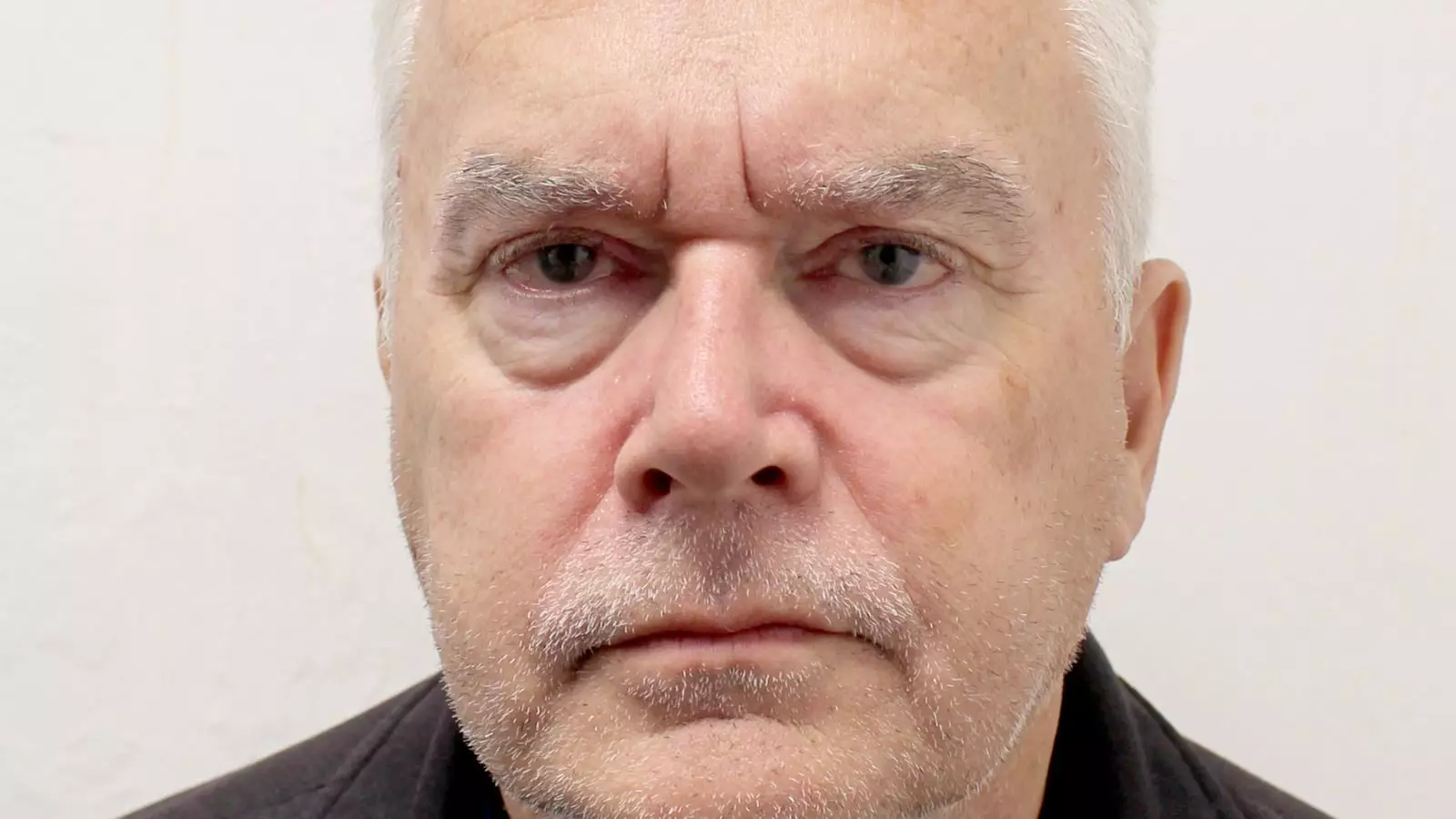In recent weeks, the British Broadcasting Corporation (BBC) has found itself mired in a scandal that has raised serious questions about accountability and trust within the institution. As the fallout continues from the sentencing of Huw Edwards, a former presenter who pled guilty to making indecent images of children, the BBC’s leadership, particularly Director-General Tim Davie, is working diligently to navigate the complexities of this crisis. The significant implications of Edwards’ actions not only tarnish the BBC’s reputation but also create a formidable challenge in restoring public trust.
Tim Davie’s unequivocal condemnation of Edwards’ crimes reflects the severity of the situation. He described the offenses as “appalling,” emphasizing the clear moral line that has been crossed. The seriousness of Edwards’ guilty plea—three counts of making indecent images of children, which included particularly egregious materials—forces the BBC to confront the impact on its public standing. With Edwards receiving a suspended sentence, the specter of his actions looms over the corporation, leaving many to question the effectiveness of its internal controls and policies for handling allegations against high-profile figures.
Further complicating matters is the money trail left in the wake of Edwards’ misconduct. Conversations about recovering his salary, which might total around £200,000 accrued after the BBC learned about the allegations, indicate a concerning financial dimension to the organization’s ethics. Davie explained that the decision to continue paying Edwards until he was formally charged was consistent with existing policies, articulating a struggle within the organization about how best to respond to allegations when they first arose. The intention to recuperate funds not only signifies a step toward accountability but also reflects a recognition of the responsibility the BBC has to its audience and stakeholders.
Impact on Trust and Reputation
When addressing the ramifications of the scandal on the BBC’s reputation, Davie acknowledged that public trust is paramount for the organization’s success. He stated, “Trust in the BBC is essential,” emphasizing that maintaining trust hinges upon transparency and ethical conduct. However, the damaging nature of this affair inevitably raises questions about the extent to which public confidence has been shaken. While Davie asserted that exemplary practices could help restore faith in the institution, there’s no denying that the trust once placed in the BBC by its audience has been significantly eroded.
Moreover, Davie’s comments regarding the BBC’s focus on the victims of such crimes echo a much-needed acknowledgment of the broader social responsibilities that institutions must uphold. Expressing his shock and the collective disappointment felt by BBC staff, he highlighted the need to take concerns raised by young people seriously. This sentiment underscores a critical element of the BBC’s response: ensuring that a culture of vigilance and accountability prevails within its ranks and that the emotional fallout on victims is recognized and addressed.
The turmoil surrounding Edwards isn’t an isolated incident; it is part of a larger pattern that includes ongoing investigations into other areas of the BBC. For example, the inquiries related to “Strictly Come Dancing” illustrate that the BBC is grappling with allegations of abuse that span beyond a singular case. As the organization claims to be nearing the conclusion of this investigation, it remains to be seen how its findings will further influence public perception and operational integrity.
Huw Edwards’ case is emblematic of a critical juncture for the BBC, where the intersection of individual transgression and institutional accountability is under scrutiny. Tim Davie’s leadership during this tumultuous period will play a significant role in determining the future trajectory of the corporation. As the BBC strives to rebuild its credibility and reinforce its commitment to ethical standards, its ability to address these challenges head-on will ultimately dictate how it is perceived by the public in the years to come. A commitment to transparency, accountability, and a victim-centered approach will be essential in healing the wounds inflicted by this scandal.


Leave a Reply